MercoPress. South Atlantic News Agency
Tag: UN Human Rights Council
-
Monday, December 10th 2012 - 18:56 UTC
UK launches campaign for re-election to UN Human Rights Council
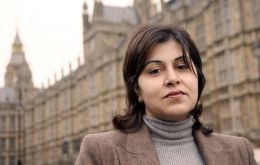
Foreign Office Minister Baroness Warsi launched on Monday 10 December, UN Human Rights Day, UK’s campaign for re-election to the UN Human Rights Council (HRC) for January 2014-December 2016.
-
Tuesday, November 13th 2012 - 22:38 UTC
“Only a third of countries qualified for UN Human Rights Council”, claim advocate groups

Human rights groups have criticized the election by the United Nations General Assembly of several countries with questionable rights' records to the UN Human Rights Council. Of the 18 countries elected Monday to the Geneva-based body, human rights advocates say only about a third are qualified.
-
Friday, September 23rd 2011 - 21:09 UTC
UN concern with Argentina’s “discriminatory attitudes” towards migrant workers and children
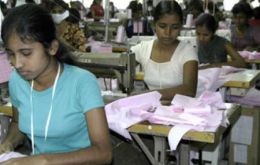
The United Nations Committee on migrant workers expressed concern at Argentina’s “discriminatory attitudes” against citizens from African countries, particularly Senegal and neighbouring countries Bolivia and Paraguay.
-
Monday, June 20th 2011 - 21:10 UTC
Uruguay presides over the UN Human Rights Council for the next 12 months

Uruguay in representation of the Group of Latin American and Caribbean countries (GRULAC) will occupy for the next twelve months the rotating presidency of the United Nations Human Rights Council which is seated in Geneva.
-
Saturday, June 18th 2011 - 03:19 UTC
In milestone vote UN Human Rights Council approves gay rights

Despite strong opposition from Arab and African states, the UN Human Rights Council voted 23-19 in favor of a history-making resolution that supports equal rights for everyone regardless of sexual orientation or gender identity.
-
Thursday, June 16th 2011 - 19:09 UTC
Uruguay supports Ban Ki-moon re-election because of his commitment to multilateralism
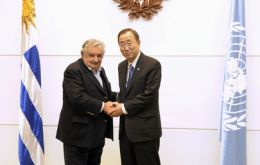
Uruguay’s support for the re-election of Mr Ban Ki-moon as Secretary General is based on his decisive efforts to impulse multilateralism since taking office in 2007, said Uruguayan Foreign Affairs minister Luis Almagro.
-
Thursday, June 9th 2011 - 04:03 UTC
Access to Internet is the right of all human beings, says UN Special Rapporteur
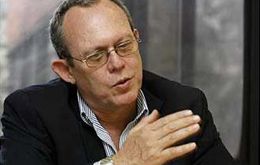
United Nations has declared that access to the Internet is the right of all human beings. Nations should not institute any laws that prevent its citizens from accessing the Internet, according to a recent document published by the UN Human Rights Council. The document is a report by Frank La Rue, United Nations Special Rapporteur on the Promotion and Protection of the Right to Freedom of Opinion and Expression.
-
Thursday, May 26th 2011 - 16:10 UTC
Ban Ki Moon to visit Uruguay that will hold UN Human Rights Council presidency
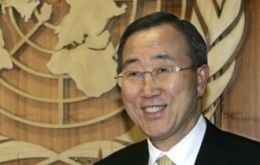
Uruguay will be holding next month the presidency of the UN Human Rights Council during 2011/2012 and for this motive UN Secretary General Ban Ki-moon is scheduled to visit Uruguay June 16th when he will be meeting President Jose Mujica and other top officials.
-
Sunday, May 22nd 2011 - 23:31 UTC
Chile, Peru and Costa Rica join the Geneva based UN Human rights council
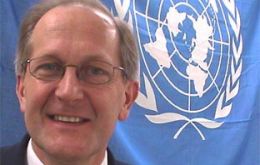
Chile, Peru and Costa Rica will be representing Latin America and the Caribbean in the UN Human Rights Council for the next three years, following a round of balloting among UN member states over the weekend.
-
Saturday, March 26th 2011 - 08:20 UTC
Brazil’s UN vote on Iran marks first great difference between Dilma and Lula da Silva
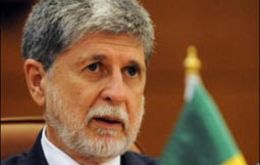
Brazil’s vote in the UN Human Rights Council in support of a rapporteur to monitor human rights in Iran, proposed by the US, signals the first great divergence in foreign policy between the current administration of President Dilma Rousseff and her predecessor and mentor Lula da Silva.
